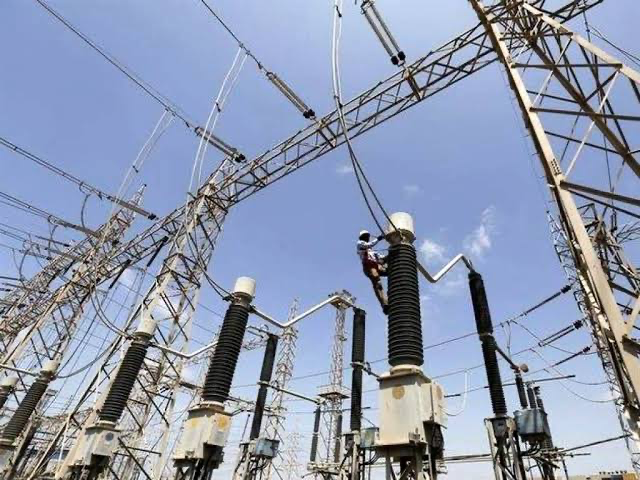Nigeria’s government is planning to sell five power plants under the National Integrated Power Projects (NIPP) for about $1 billion, according to a report by BusinessDay. The move is part of the government’s efforts to improve the country’s electricity supply, which has been plagued by chronic blackouts and inefficiencies.
The Bureau of Public Enterprises (BPE), acting on behalf of the Federal Government, is engaged in the sale of the five power plants, which have a combined capacity of 2,649 megawatts (MW). The plants are the 434MW Geregu II gas-fired plant in Kogi, the 451MW Omotosho II plant in Ondo, the 750MW Olorunshogo II plant in Ogun, the 563MW Odukpami plant in Calabar, Cross River, and the 451MW Benin-Ihovbor plant in Edo.
The BPE intends to market the facilities at a slightly higher price than their reported cost of $1.15 billion, according to sources familiar with the matter. However, some experts have argued that the plants’ value should surpass $5 billion based on international benchmarks.
Ignatius Ayewoh, the acting director-general of BPE, confirmed that the transaction is currently underway, but declined to disclose the details, citing an ongoing meeting. He said the sale process would be transparent and competitive, and that the proceeds would be used to fund the government’s budget deficit and other development projects.
The NIPP was initiated in 2004 by the federal government in collaboration with the 36 state governments and the Federal Capital Territory to address the power shortfall in the country. The project was funded by the excess crude account, which is a savings mechanism that pools the difference between the budgeted and actual oil prices.
However, the NIPP faced several challenges, such as delays in construction, gas supply shortages, transmission bottlenecks, and contractual disputes. As a result, only 10 out of the 20 planned power plants have been completed and commissioned, while the remaining 10 are at various stages of completion.
The government has been trying to sell the NIPP plants since 2013, but the process has been stalled by legal, regulatory, and political hurdles. The latest attempt to sell the five plants is seen as a sign of the government’s renewed commitment to reform the power sector and attract private investment.
Nigeria has one of the lowest per capita electricity consumption rates in the world, with an average of 151 kilowatt-hours (kWh) per year, compared to the global average of 3,127 kWh per year, according to the World Bank. The country’s power sector is hampered by inadequate generation, transmission, and distribution capacity, as well as high losses, tariffs, and debts.
The government has taken some steps to address these challenges, such as the implementation of the Power Sector Recovery Programme (PSRP) in 2017, which aims to improve the financial viability and service delivery of the sector. The government has also secured loans and grants from international partners, such as the World Bank, the African Development Bank, and the French Development Agency, to support various power projects.
However, these efforts have not yielded significant results, as the country still faces frequent and prolonged power outages, which affect the productivity and welfare of millions of Nigerians. According to a recent survey by NOI Polls, 72% of Nigerians experienced power cuts in the first quarter of 2024, and 58% relied on alternative sources of power, such as generators and solar panels.
The sale of the five NIPP plants is expected to boost the country’s power supply and reduce its dependence on fossil fuels, which account for over 80% of its electricity generation. The plants use Siemens turbines, which are considered to be efficient and reliable and can run on both natural gas and diesel.
The transaction is also expected to create jobs, stimulate economic growth, and enhance the environmental sustainability of the power sector. The government has assured that the sale will not affect the rights and interests of the host communities, workers, and other stakeholders of the plants.
The sale of the NIPP plants is part of Nigeria’s broader efforts to diversify its economy and reduce its vulnerability to oil price shocks. The country is also pursuing other initiatives, such as the development of renewable energy, the promotion of gas-based industries, and the improvement of energy efficiency.
Nigeria has a huge potential to become a regional and global leader in the power sector, given its abundant natural resources, large population, and strategic location. However, the country needs to overcome the numerous challenges and constraints that have hindered its progress in the past. The sale of the NIPP plants is a step in the right direction, but it is not enough. The country needs to implement more comprehensive and holistic reforms to achieve its vision of a reliable, affordable, and sustainable power supply for all.
Source: BusinessDay



